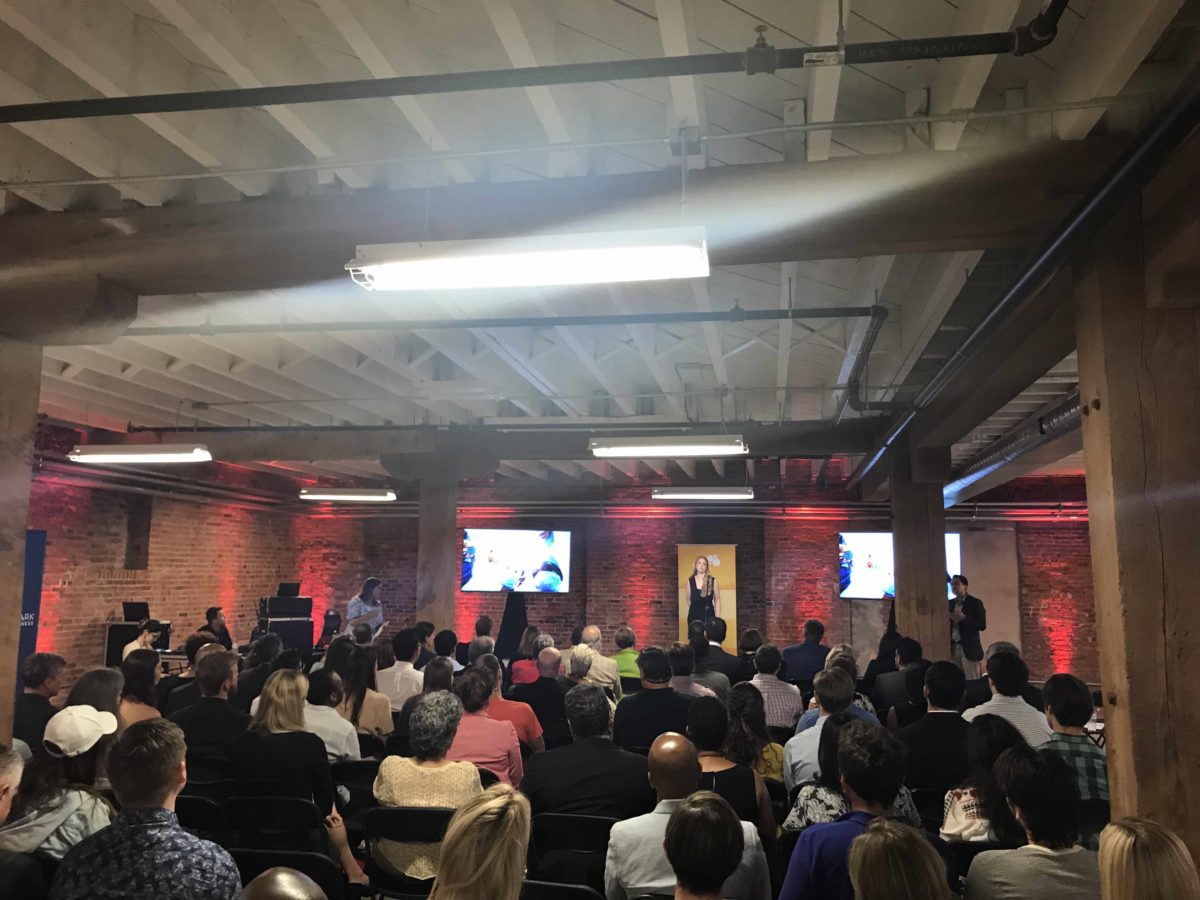Even in a midsized city such as Baltimore, there are hundreds of resources available to help entrepreneurs grow their startups, small businesses, and nonprofits. From accelerators to mentorship programs, these resources are offered by universities, government agencies, nonprofits, and other local companies to help strengthen and grow the city’s entrepreneurial ecosystem.
Knowing what resources are available is vital to building a venture, but with so many resources across so many providers, just knowing what programs are out there can be challenging. That’s why I sat down with a team, compiled a list of all of the resources available for entrepreneurs in and around Baltimore, and threw them into a database, EcoMap Baltimore.
While the dataset is not totally complete (you can add to it here!), we found more than 400 different resources for people building ventures in Charm City. Here are the top insights we took away from building the Baltimore EcoMap.
1. Universities really are drivers of innovation.
Nearly one-third of all of the resources available in and around Baltimore are affiliated with universities. Both University of Maryland and Johns Hopkins University offer more than 30 different programs for current and aspiring entrepreneurs, with the most common resource offered being events, followed closely by incubators and funding programs. It pays to be a student in Maryland, as 50 percent of all resources offered by universities are targeted directly towards student entrepreneurs.
However, many university-based resources are open to the greater Baltimore community. For example, social ventures can get pro-bono consulting from Loyola’s Baltipreneurs Institute, while any company can get free intellectual property advice from UMD’s Maryland Intellectual Property Legal Resource Center or UMB’s Intellectual Property and Entrepreneurship Clinic.
2. The majority of resources are industry agnostic.
It’s tempting to think that most resources in Baltimore are focused on healthcare, life sciences, and cybersecurity companies. While these are definitely big industries, over half of all resources in the area are industry (and stage) agnostic. Unsurprisingly, the most numerous industry-agnostic resources are events and coworking spaces, but there are also more agnostic funding programs than industry-specific ones.
For the resources that do have an industry focus, 40 percent are for health or healthcare ventures, 35 percent are for technology ventures, 30 percent are for life sciences or Biotechnology ventures, and 16 percent are for social impact ventures. Surprisingly, only 10 percent are tagged cybersecurity, although this will likely change with the coming of CyberTown USA.
3. The most common resource type is funding, while the least common is accelerators.
Over 25 percent of all resources in the database are funding programs. Of these, about 22 percent are venture capital or angel investment, 27 percent are grants and 28 percent are loans.
Even though Baltimore has over 50 incubator programs, there are only seven accelerators in the city and surrounding area (excluding those for students). Further, only three of these accelerators come with an investment at the offset – Accelerate Baltimore ($25,000 with a chance to win $100,000), Conscious Venture Lab ($25,000-50,000), and Easton-based F3Tech ($10,000, with a chance to win $25,000).
While initiatives like TEDCO’s Incubation Challenge brought to life a variety of great programs such as Anchor Ventures and FounderTrac, Baltimore definitely has room for a few more formalized, annual accelerator programs á la Accelerate Baltimore or CVL.
Join our growing Slack community
Join 5,000 tech professionals and entrepreneurs in our community Slack today!
Donate to the Journalism Fund
Your support powers our independent journalism. Unlike most business-media outlets, we don’t have a paywall. Instead, we count on your personal and organizational contributions.

Inside the GBC/UpSurge merger: A new economic model is forming, and Baltimore is again a pioneer

Meet the startups vying for $10k from a DMV initiative for women founders

Working in libraries gave this leader a roadmap for tackling digital inequity


